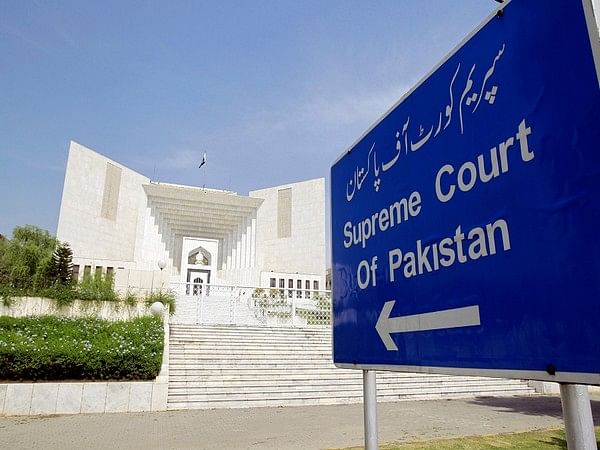Pakistan‘s judicial system has been grappling with a significant backlog of cases, a challenge that has hindered the timely delivery of justice. To address this issue, the 26th Amendment proposes the creation of a Constitutional Court. This specialized court would handle matters related to constitutional law, thereby alleviating the burden on the Supreme Court and allowing it to focus on other legal cases. Such a court is a common feature in many democratic nations and has been advocated for in Pakistan’s political discourse, including the 2006 Charter of Democracy. Importantly, the establishment of a Constitutional Court would not compromise the judiciary’s independence.

Another contentious issue is the establishment of Military Courts. While these courts have been criticized as a violation of Article 8, their existence has become necessary due to the failure of civilian courts to effectively prosecute terrorism cases. Instances like the assassination of Benazir Bhutto highlight the need for a more efficient mechanism to deal with such crimes. Military Courts are known for their swift delivery of justice, which can act as a deterrent to terrorists and their networks. It’s worth noting that other countries have also resorted to military courts during times of crisis, demonstrating their potential to improve a broken judicial system.
Finally, Article 63-A, which disqualifies assembly members who vote against their party’s decisions, has been a subject of debate. This provision imposes a degree of authoritarian control within a democratic framework, undermining individual freedom and the principles of democratic governance. Repealing this article would be a crucial step in ensuring that Pakistan’s democracy remains true to its ideals.


